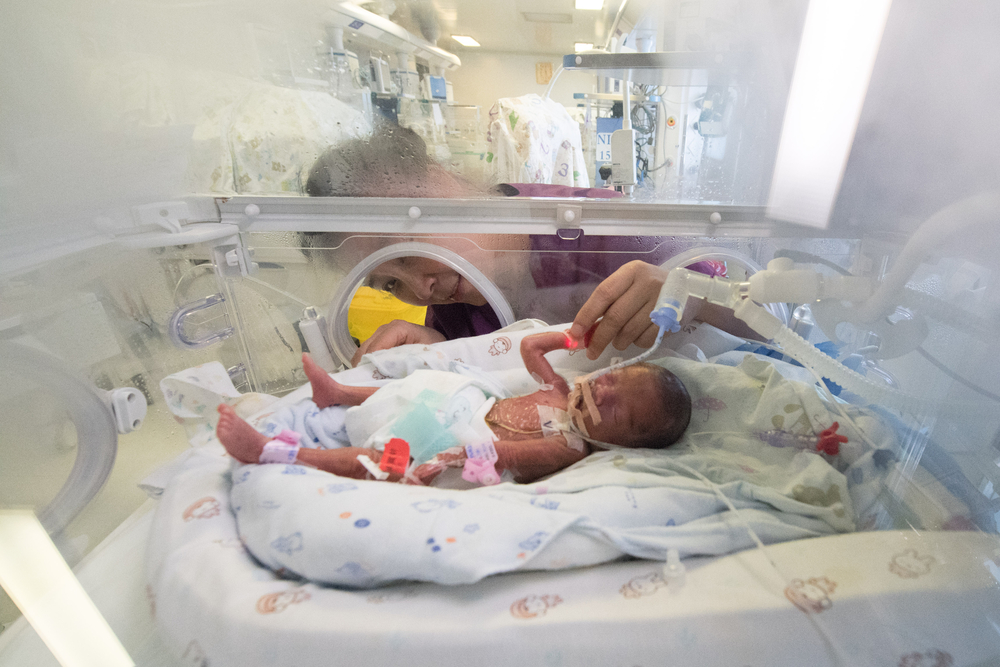Multiple Sclerosis Fast Facts
In Collaboration With

Original Article Reference
This SciPod is a shortened and simplified summary of ‘Fast Facts: Multiple Sclerosis’ published by Karger Publishers: ISBN 978-1-910797-23-5
The complete original works are available at www.karger.com
Share Episode
Short on time? watch this 3 minute video
About this episode
Multiple sclerosis (MS) is a progressive disease of the nervous system resulting from the inflammation and degeneration of nerves. In developed countries, MS is the primary cause of neurological disability in young and middle-aged people. Worldwide, MS affects an estimated 2.3 million. The cause is unknown and although factors that may increase risk have been identified, attempts to curb disease progression have so far met with failure. However, we are at a turning point in scientific advancement with the emergence of promising new therapies that could help us shift the odds in our favor against this devastating disease.
Related episodes
Dr. Archana Thakur | A Novel Immunotherapy Approach to Treat Solid Tumors
Developing therapies to effectively treat cancerous tumors is challenging, due to the hostility of the tumor microenvironment and the potential to unintentionally damage surrounding tissues. Infusions of immune cells can improve immune function and assist the body in fighting disease, although this approach increases the risk of inducing dangerous inflammatory responses. Dr. Archana Thakur and her colleagues at the Universities of Virginia and Pennsylvania have engineered a pioneering immunotherapy system that precisely targets cancerous cells. This new immunotherapy poses minimal risk of adverse reactions, and can be used against a wide range of tumor types.
Dr Eleanor Wilson | Breath by Breath: Decision-Making in the Final Stages of Motor Neurone Disease
Motor neurone disease is a currently incurable and progressive neurological disorder that severely impacts muscle function. As the disease progresses, individuals with motor neurone disease experience significant difficulties in movement, speech, swallowing, and breathing. Home mechanical ventilation can be used to support breathing and improve the quality of life. However, while this can alleviate symptoms and extend survival, it does not stop disease progression, and patients and caregivers must confront difficult decisions in their treatment journey. In a new UK study, Dr Eleanor Wilson of the University of Nottingham and colleagues have explored end-of-life decision-making in motor neurone disease patients using home mechanical ventilation.
Dr. Christopher Buck | Expanding Our Knowledge of Viral Evolution
Vitamin D has been studied as a treatment for a large number of diseases and conditions, from cancer to autism to COVID-19. However, its mode of action is not completely understood. Professor Ralf Herwig carries out his research at HG Pharma GmbH (Austria) and Ulster University (UK). His vital work explores the role of vitamin D in the body with a view to unlocking its potential as a treatment for a variety of health conditions involving the immune system.
Dr. Rebecca Rose | Adjusting Ventilator Settings Could Improve Outcomes for Premature Infants
Premature birth puts infants at a greater risk of developing various medical conditions, including a chronic lung disease known as bronchopulmonary dysplasia – or BPD for short. Dr. Rebecca Rose, a neonatologist at Indiana University, recently explored how modulating ventilator settings used for very premature newborns can significantly improve their outcomes.
This work is licensed under a Creative Commons Attribution 4.0 International License. 
What does this mean?
Share: You can copy and redistribute the material in any medium or format
Adapt: You can change, and build upon the material for any purpose, even commercially.
Credit: You must give appropriate credit, provide a link to the license, and indicate if changes were made.




